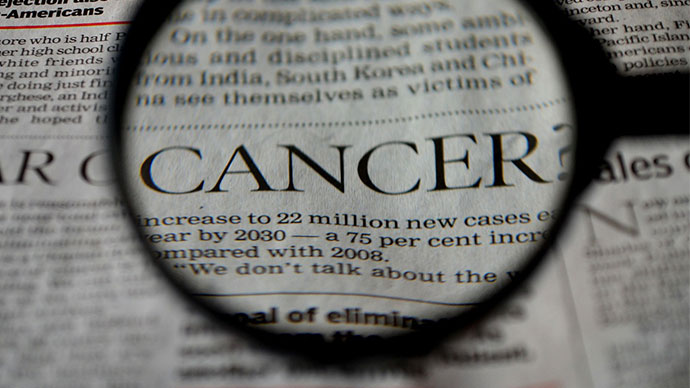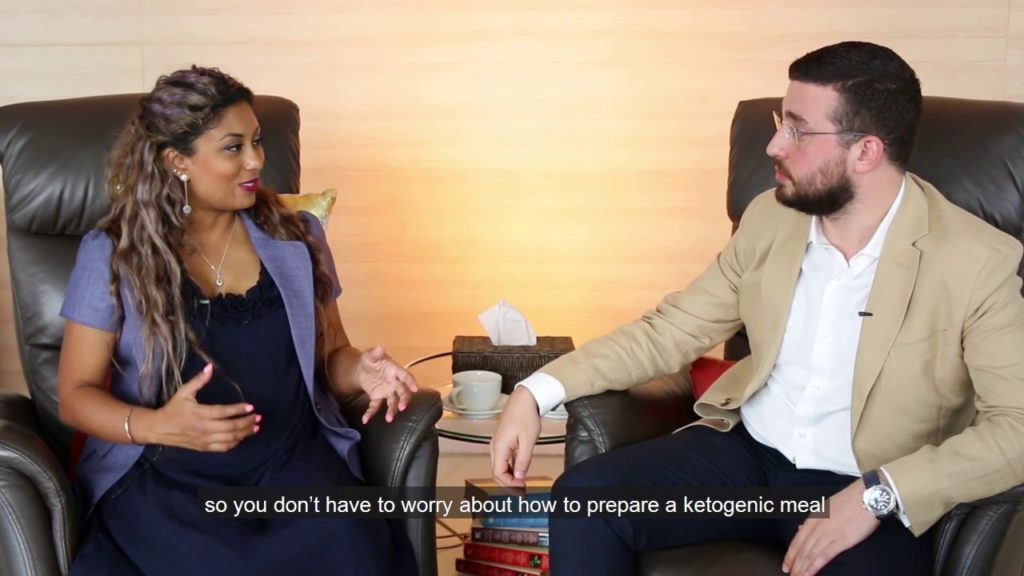Starving cancer to death may just be the new front in confronting one of mankind’s most enduring enemies.
The abnormal growth of cells that we call cancer (grouping together more than 100 types of the disease) has been ravaging the human race for millennia. The earliest recorded instances of the disease go back to the Egypt of 1600 BCE. It is entirely plausible, however, that the disease is much older than that. Figures published by the World Health Organisation (WHO) state that 8.8 million people succumbed to the disease in 2015. 14 million new cases are reported every year. The global health body further indicates that the number of new cases is expected to rise by 70% over the next 2 decades. WHO further indicates that globally, 1 in 6 deaths can be directly attributed to Cancer.
These grim statistics have kept the scientific world busy for decades in search of a cure and more ‘humane’ ways of tackling the disease. The aggressive nature of cancer has usually been met with an equally aggressive response from science. As Professor Jeff Holst from Centenary institute puts it there has been a ‘nuclear bomb approach’ in responding to the disease, hitting it hard with Chemotherapy and Radiation Therapy and generally hoping for the best. The side-effects associated with Chemotherapy and Radiation Therapy are legendary to say the least.
Beating Cancer By Starving It
Professor Holst and his team of Sydney researchers have discovered a way of eliminating cancer cells by literally starving them to death. The particularly resistant cells responsible for Breast, Prostate and Skin cancers thrive on a specific amino acid known as glutamine, which normal cells have no particular affinity for. These notoriously difficult-to-treat cancers (responsible for triple-negative Breast Cancer, some Prostate Cancer and advanced melanoma) are particularly dependent on glutamine for their survival and multiplication. Cancer cells use this amino acid to stimulate their growth to the point where should they have no access to it, they starve to death. It has been common knowledge in the scientific world that cancer cells use nutrients in a different way from normal cells. Scientists have however been unable to use this knowledge to advantage. Until now.
Professor Holst is working on a drug which will effectively stop cancer cells from absorbing glutamine. The effect of the drug is to block a pump on the surface of the cell that is used to bring in the nutrient (glutamine), effectively starving the cancer. Professor Holst likens this process to ‘putting tape over its mouth’. The drug, still in its early stages of development, will enter clinical trials in 3 years.
Professor Holst goes on to add that when cancer comes back it does so heavily reliant on glutamine for its very survival. The use of this drug will considerably brighten the outlook for those patients with recurrent cancer. Once ready, from development to successful testing, the drug will potentially be used with other therapies to neutralise the cancer’s ability to come back.
This important breakthrough, once seen to its logical conclusion, will join other minimally intrusive, integrative and holistic therapies that are currently being used to successfully treat cancer.








